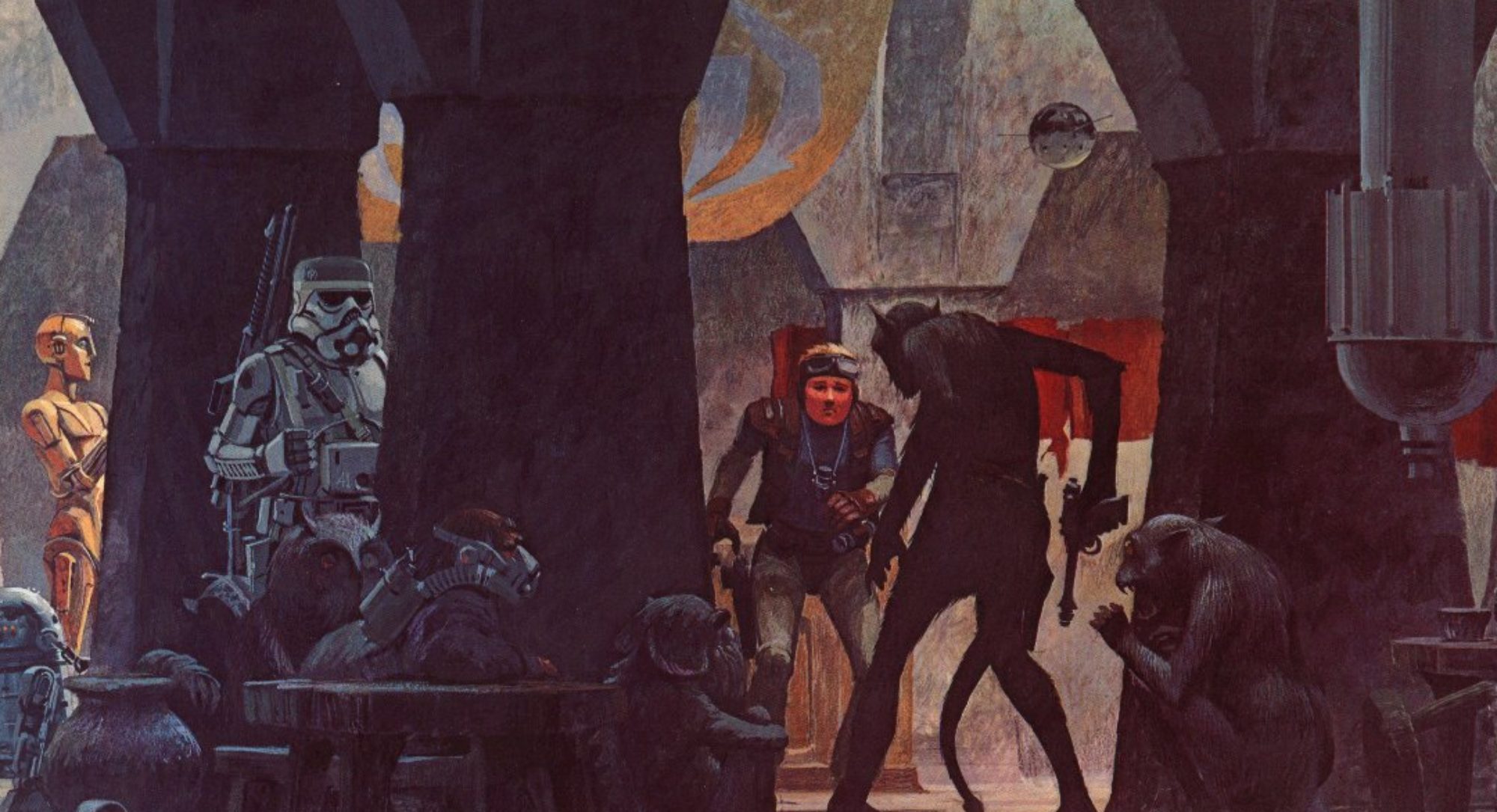 Like Live and Let Die, this week’s book is also very much a product of its time. The difference is that in the case of Moonraker, I find that to be a positive, rather than a negative. The central action is concerned with the early nuclear race — when nations were building their nuclear arsenals, often by cherry-picking the former rocket program of The Third Reich. The enemy of the previous war had become the needed resource to defend against the enemy of the next.
Like Live and Let Die, this week’s book is also very much a product of its time. The difference is that in the case of Moonraker, I find that to be a positive, rather than a negative. The central action is concerned with the early nuclear race — when nations were building their nuclear arsenals, often by cherry-picking the former rocket program of The Third Reich. The enemy of the previous war had become the needed resource to defend against the enemy of the next.
Moonraker begins oddly — not an assignment for the government, but as a personal favor for M. M asks Bond to look into a multi-millionaire member of his private club, Sir Hugo Drax, whom he suspects of cheating at cards. That opening, heady with old-boy-ism and the strata of class, leads to a wider investigation of Drax’s efforts to build Britain’s first nuclear missile, The Moonraker. The Moonraker is, essentially, an updated V-2 rocket — and Bond quickly discovers that most of the scientists working on the project are Germans.
Going undercover at the missile complex on the South Coast of England, Bond encounters Gala Brand, a Special Branch operative who I find to be one of Fleming’s more interesting female leads. She’s presented as a three-dimensional character — an independent, dedicated policewoman who questions Bond’s usefulness on the case. She never gets romantically involved with Bond, either — by the end of the novel, she reveals that she has a fiancée, and leaves Bond alone.
Drax as a villain ends up being a Frankenstein’s Monster of everything viewed as a threat in England in the 50s — a Nazi, backed by the Soviets. He posed as a British soldier suffering from amnesia in order to build a new identity, and planned to use the Moonraker rocket (armed with an atomic device provided by the Russians) to destroy London. (This plot was later partially adapted, not in the ridiculous James-Bond-Meets-Star-Wars version of Moonraker in the late 70s, but in TWO different Pierce Brosnan films — GoldenEye (006 as the son of Lienz Cossacks, getting revenge on England) and Die Another Day where, incredibly, a North Korean Colonel is posing as a British billionaire).
It’s this mix of World War II and the Cold War that I find so attractive about Moonraker — it occupies that transition between two distinct eras, which I find fascinating (its the same reason why like the film Ronin, for example, occupying the border between the end of the Cold War and the War on Terror). The uncertainty that accompanies those transitions are ripe for intrigue, which Fleming exploits quite well in this case.
Next week, a look at Diamonds are Forever (1955).

